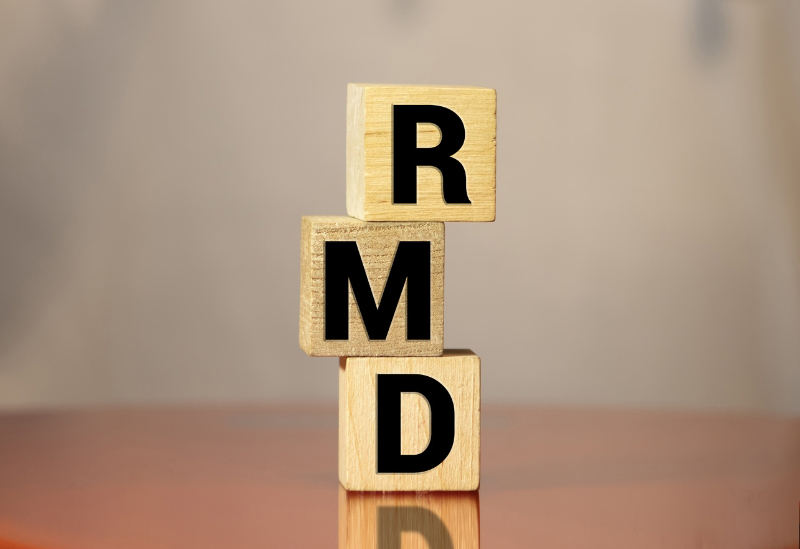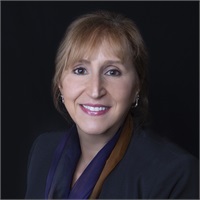 When you started out saving for retirement, you may have contributed to an IRA or 401(k) through your employer. In addition, you heard that your contributions were tax-deferred, and you’d have to pay taxes when you reached your 70s. But at the time, you didn’t have to pay income taxes on whatever you contributed, so that may not have been your biggest concern.
When you started out saving for retirement, you may have contributed to an IRA or 401(k) through your employer. In addition, you heard that your contributions were tax-deferred, and you’d have to pay taxes when you reached your 70s. But at the time, you didn’t have to pay income taxes on whatever you contributed, so that may not have been your biggest concern.
Well, now that you’re either in or approaching that age, you need to think about both your Required Minimum Distributions (RMDs) and the tax burden associated with each distribution. Unfortunately, the more you had saved in your traditional IRA or 401(k), the more taxes you must owe when it comes time to take your RMDs.
In retirement, more income isn’t always better. Remember, you’re paying yourself, so by turning your wealth into income for a certain year, you’re signing up to pay the IRS a hefty chunk of that money. When you’re in retirement, you don’t want to be paying yourself more income than you need, but RMDs force you to take a certain level of income which can pose an issue for a tax-optimized retirement financial plan.
The good news is that there is a way you can control your tax burden and rearrange your financial habits to help you do so. The Qualified Charitable Distribution (QCD) is a way to reduce your RMD tax burden. First, if you’re using a 401(k), you must roll your holdings over to an IRA to make QCDs. By directing your IRA to distribute directly to a qualified charitable organization listed by the IRS, you can turn your distributions that would have forced you to take taxable income, into tax-deductible contributions to your favorite charity.
If you already give to charitable organizations, whether a religious institution, a community organization, or an organization championing a cause you support, you can maintain your charitable habits as well as save on taxes, helping you keep more of what you worked so hard to save. But before making charitable contributions, make sure you know the ins and outs of the QCD rule so that you don’t make a costly mistake!
Whether it’s tax-smart investing, tax-minimization strategies or other financial planning endeavors, managing retirement on your own can seem like a whole new job that requires specialized knowledge to succeed at. Well, that’s why we’re here. To get started with a financial advisor, contact us at (603) 261-3736.
Source: https://www.kiplinger.com/retirement/qcds-offer-tax-break-when-rmds-loom-large

 Bob has a passion for making your money work hard for you. He takes profound joy in ironing out a plan for a long and comfortable retirement, no matter what your current income or level of wealth. With a work ethic second to none, he has a zeal for transforming uncertainty into stable ways for you to protect your future and your family. He knows that the quality of your life you enjoy today can remain as rewarding—or even better—after retirement.
Bob has a passion for making your money work hard for you. He takes profound joy in ironing out a plan for a long and comfortable retirement, no matter what your current income or level of wealth. With a work ethic second to none, he has a zeal for transforming uncertainty into stable ways for you to protect your future and your family. He knows that the quality of your life you enjoy today can remain as rewarding—or even better—after retirement. With a strong background in information technology, Carol is instrumental in building operational policies and strategies that keep the organization functioning smoothly. Carol’s organizational skills and her flexibility to jump from priority to priority along with her commitment to customer service makes her an essential part of the Grimard Financial team. When Carol is not working with the Grimard Financial Family, she is a very creative and accomplished photographer.
With a strong background in information technology, Carol is instrumental in building operational policies and strategies that keep the organization functioning smoothly. Carol’s organizational skills and her flexibility to jump from priority to priority along with her commitment to customer service makes her an essential part of the Grimard Financial team. When Carol is not working with the Grimard Financial Family, she is a very creative and accomplished photographer.